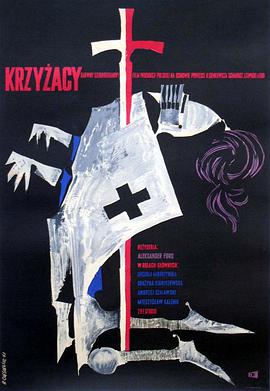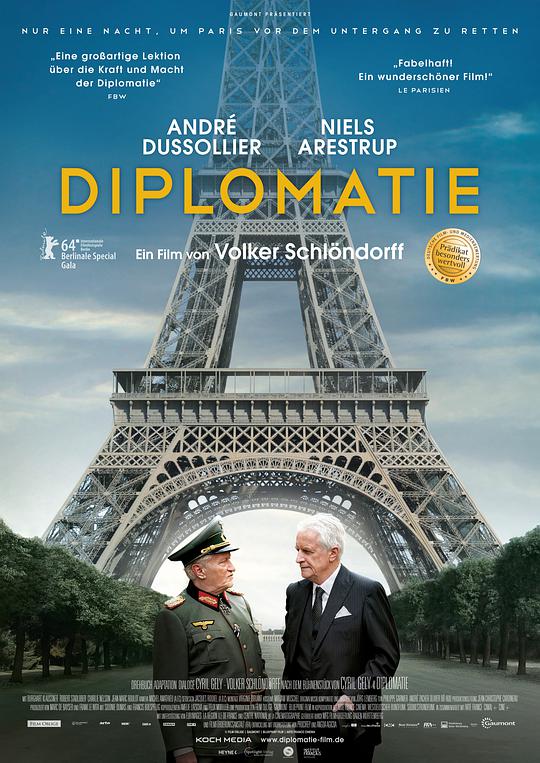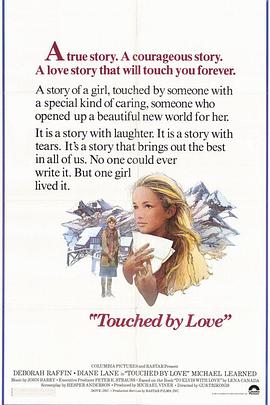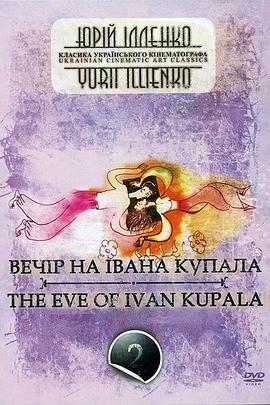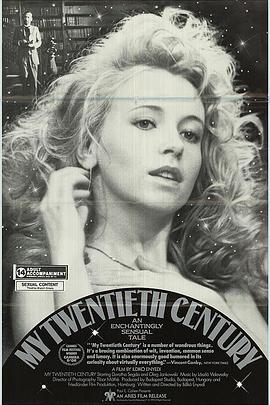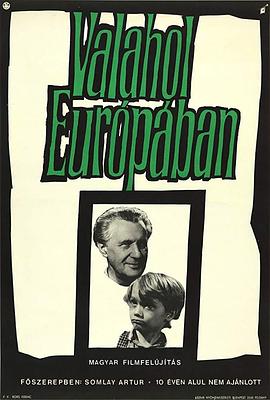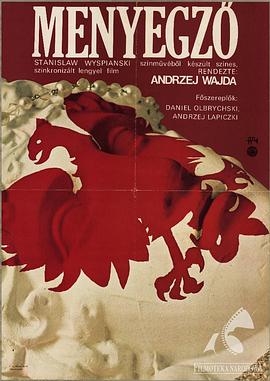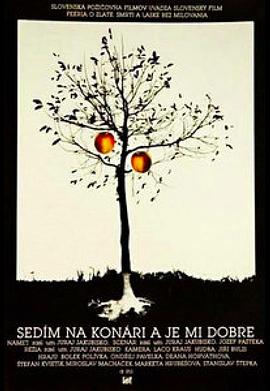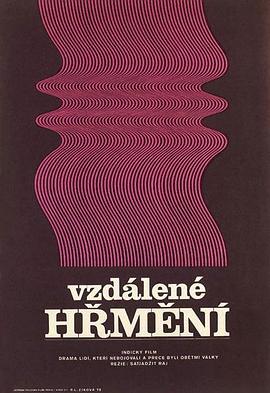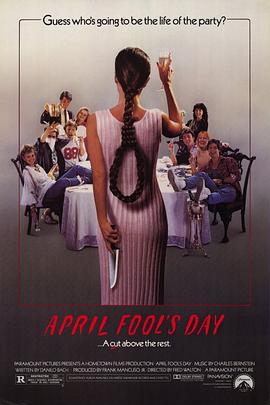-
备注:已完结
类型:战争片
主演:乌尔舒拉·莫杰任斯卡 Grazyna Staniszewska 安德烈
导演:亚历山大·福特
语言:其它
年代:未知
简介: 影片表现西欧封建主为了掠夺和侵略土地而发动十字军远征,企图打着宗教的旗帜残害波兰人民和波兰骑士。该片场面宏伟,出演演员甚多,动用了大量的人力和财力。导演的手法大刀阔斧,表现了很高的艺术性。影片主要反映十字军在波兰惨绝人寰的种种暴行。影片主题鲜明,富有爱国主义精神,是战后波兰观众人数最多的一部影片。
-
备注:已完结
类型:剧情片
主演:安德烈·杜索里埃 尼尔斯·阿贺斯图普 布尔格哈特·克劳斯纳 罗伯特·施
导演:沃尔克·施隆多夫
语言:
年代:未知
简介:电影改编自法国剧作家西里·贾里(CyrilGely),2011年大获成功的同名舞台剧。故事主要发生在1944年8月24日夜晚,巴黎里沃利街上的(RuedeRivoli)莫里斯酒店(HotelMeurice)里。这座建于18世纪的酒店历史丰富,据说拿破仑的情妇还踏上过隐秘的后楼梯。当时,酒店则是肖尔铁茨的指挥部。盟军于1944年6月登陆诺曼底后,正步步向巴黎进发,希特勒下达了焚毁巴黎的命令,偌灵则要极力劝服负责执行这一命令,已经在埃菲尔铁塔、卢浮宫、巴黎圣母院和塞纳河大桥上布置好了炸药的肖尔铁茨,放弃焚烧,保住巴黎的大街小巷,名胜古迹,和无辜居民。这幕经典的政治大戏几乎全是两个角色的对手戏,一边是资深外交官偌灵,另一边则是既希望忠实履行军人天职,又不希望背负摧毁巴黎恶名的肖尔铁茨。两位主演尼尔斯·阿莱斯楚普(《预言者》《我心遗忘的节奏》)以及安德烈·杜索里埃(《巴黎香颂》《漫长的婚约》)的表演,收获国外影评人赞誉。跌宕起伏与唇枪舌剑,展示出有的时候,历史的转折就握在几个关键人物的手中。历史上,偌灵与肖尔铁茨并没有如此戏剧化的“巴黎一夜”,而是在盟军开进巴黎之前,进行了多次会面,偌灵最终劝服了肖尔铁茨,放弃焚毁巴黎的计划。
-
备注:已完结
类型:剧情片
主演:Boris Khmelnitsky Larisa Kadochniko
导演:尤里·伊利延科
语言:其它
年代:未知
简介: 皮欧特尔是一个谦虚的农民,生活在一个贫穷的村庄,在一个不确定的久远的时代。他想娶可爱的皮多卡,但她严厉的父亲不允许。幸运的是,淘气的恶魔巴萨鲁夫在这片土地上游荡,并向他提出一个交易……
-
备注:已完结
类型:剧情片
主演:Artúr Somlay Miklós Gábor Zsuzsa Bá
语言:其它
年代:未知
简介:Somewhere in the remote region, the war ends. In the midst of ruined cities and houses in the streets, in rural hamlets, everywhere where people still live, are children who have lost their homes and parents. Abandoned, hungry, and in rags, defenseless and humiliated, they wander through the world. Hunger drives them. Little streams of orphans merge into a river which rushes forward and submerges everything in its path. The children do not know any feeling; they know only the world of their enemies. They fight, steal, struggle for a mouthful of food, and violence is merely a means to get it. A gang led by Cahoun finds a refuge in an abandoned castle and encounters an old composer who has voluntarily retired into solitude from a world of hatred, treason, and crime. How can they find a common ground, how can they become mutual friends The castle becomes their hiding place but possibly it will also be their first home which they may organize and must defend. But even for this, the price will be very high. To this simple story, the journalist, writer, poet, scriptwriter, movie director, and film theoretician Béla Balázs applied many years of experience. He and the director Géza Radványi created a work which opened a new postwar chapter in Hungarian film. Surprisingly, this film has not lost any of its impact over the years, especially on a profound philosophical level. That is to say, it is not merely a movie about war; it is not important in what location and in what period of time it takes place. It is a story outside of time about the joyless fate of children who pay dearly for the cruel war games of adults. At the time it was premiered, the movie was enthusiastically received by the critics. The main roles were taken by streetwise boys of a children's group who created their roles improvisationally in close contact with a few professional actors, and in the children's acting their own fresh experience of war's turmoil appears to be reflected. At the same time, their performance fits admirably into the mosaic of a very complex movie language. Balázs's influence revealed itself, above all, in the introductory sequences an air raid on an amusement park, seen in a montage of dramatic situations evoking the last spasms of war, where, undoubtedly, we discern the influence of classical Soviet cinematography. Shooting, the boy's escape, the locomotive's wheels, the shadows of soldiers with submachine guns, the sound of a whistle—the images are linked together in abrupt sequences in which varying shots and expressive sharp sounds are emphasized. A perfectly planned screenplay avoided all elements of sentimentality, time-worn stereotypes of wronged children, romanticism and cheap simplification. The authors succeeded in bridging the perilous dramatic abyss of the metamorphosis of a children's community. Their telling of the story (the scene of pillaging, the assault on the castle, etc) independently introduced some neorealist elements which, at that time, were being propagated in Italy by De Sica, Rossellini, and other film artists. The rebukes of contemporary critics, who called attention to formalism for its own sake have been forgotten. The masterly art of cameraman Barnabás Hegyi gives vitality to the poetic images. His angle shots of the children, his composition of scenes in the castle interior, are a living document of the times, and underline the atmosphere and the characters of the protagonists. The success of the picture was also enhanced by the musical art of composer Dénes Buday who, in tense situations, inserted the theme of the Marseilaise into the movie's structure, as a motive of community unification, as an expression of friendship and the possibility of understanding. Valahol Europaban is the first significant postwar Hungarian film. It originated in a relaxed atmosphere, replete with joy and euphoria, and it includes these elements in order to demonstrate the strength of humanism, tolerance, and friendship. It represents a general condemnation of war anywhere in the world, in any form.
-
备注:已完结
类型:剧情片
主演:马雷克·瓦尔切夫斯基 伊萨贝拉·奥斯则瓦斯卡 埃娃·津泰克 达尼尔·奥
导演:安杰伊·瓦伊达
语言:其它
年代:未知
简介: Set at the turn of the century, the story concerns a Polish poet living in Cracow who has decided to marry a peasant girl. The wedding is attended by a heterogenous group of people from all strata of Polish society, who dance, get drunk and lament Poland's 100-year-long division of Poland under Russia, Prussia, and Austria. The bridegroom, a painter friend, and a journalist each in turn is confronted with spectres of Polish past. In the end a call to arms is called but turns out to be a hoax.
